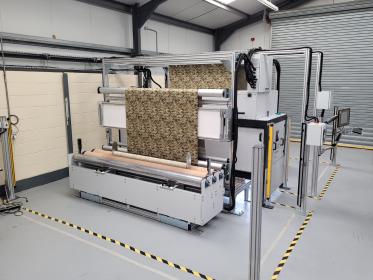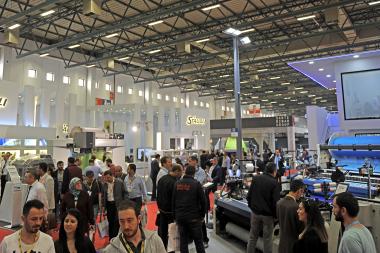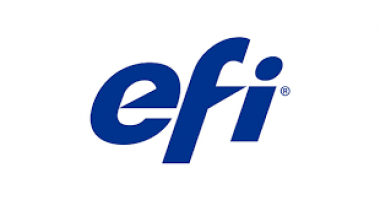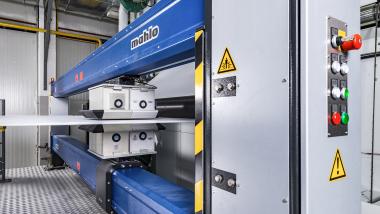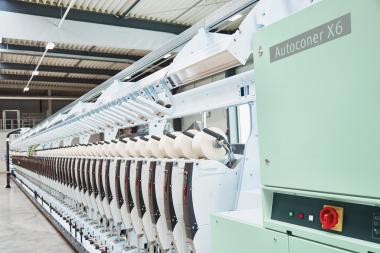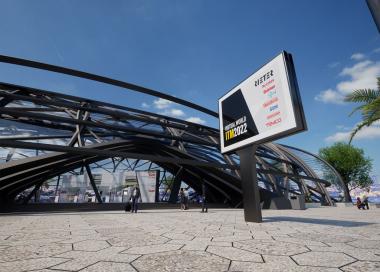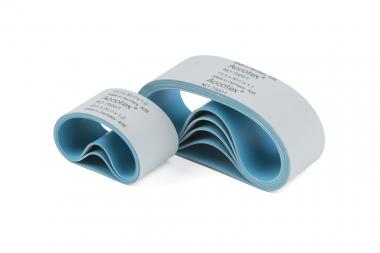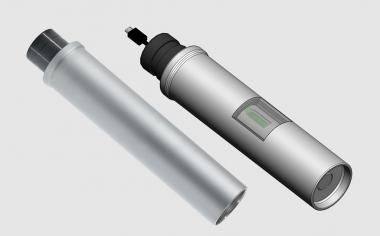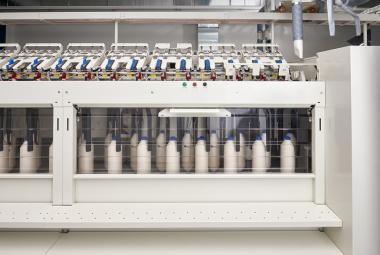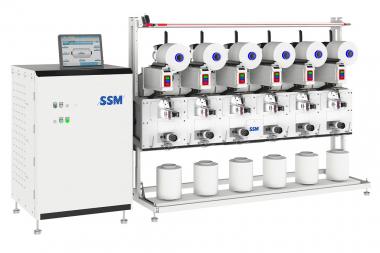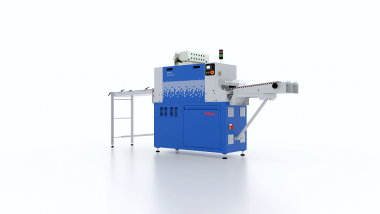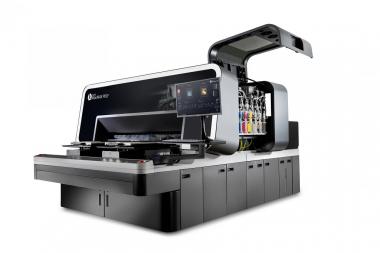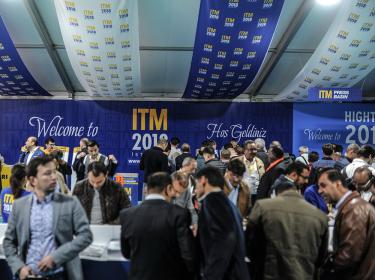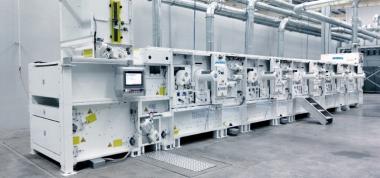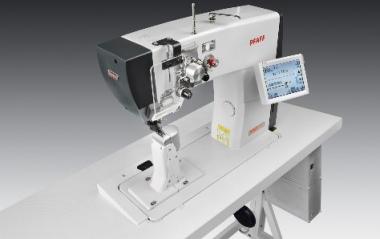Mimaki announces Third Virtual Global Innovation Days Event
Mimaki announce their third Global Innovation Days (19th – 21st October 2022). This collaborative virtual experience unites Mimaki’s regional offices to discuss trends across the different markets and the American, Asian, and European regions operated in by Mimaki, through a series of live and pre-recorded demonstrations, webinars, and round-table discussions. The programme of events will be led by experts from Mimaki Europe, Japan, USA and Australia.
With a focus on addressing the queries and requirements across the many facets of the print industry, the event will see collaborations with the likes of FESPA, from whom spokespeople will be attending to discuss the latest trends and innovations identified at FESPA this year, as well as a look ahead to next year’s event and what people can expect to see.
Attendees will also have the opportunity to further explore the latest additions to Mimaki’s product portfolio, with demonstrations of the technologies and the applications that they are able to create coming live from the Mimaki showroom in Amsterdam. The 330 series, including the JV330-160, CJV330-160 and TS330-1600, will be showcased, as well as the full-colour capabilities of the 3DUJ-2207 3D printer, and Mimaki’s latest flatbed printer, the JFX600-2513, which boasts speeds thrice superior to that of its predecessor. Another highlight of the event will be a discussion held with leading print media and software vendors, to examine the current market trends from outside of the manufacturing perspective.
Mimaki Europe B.V.






